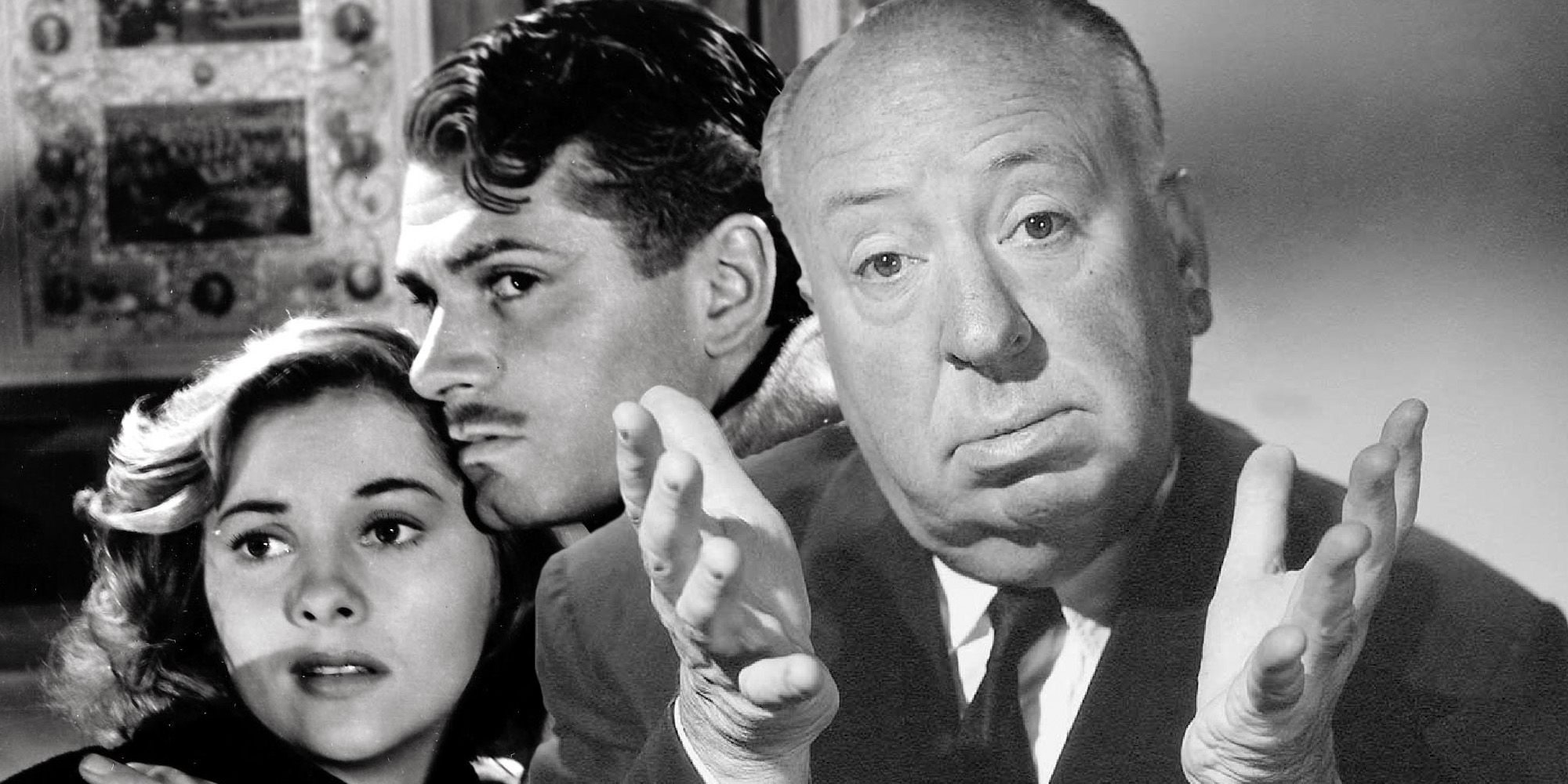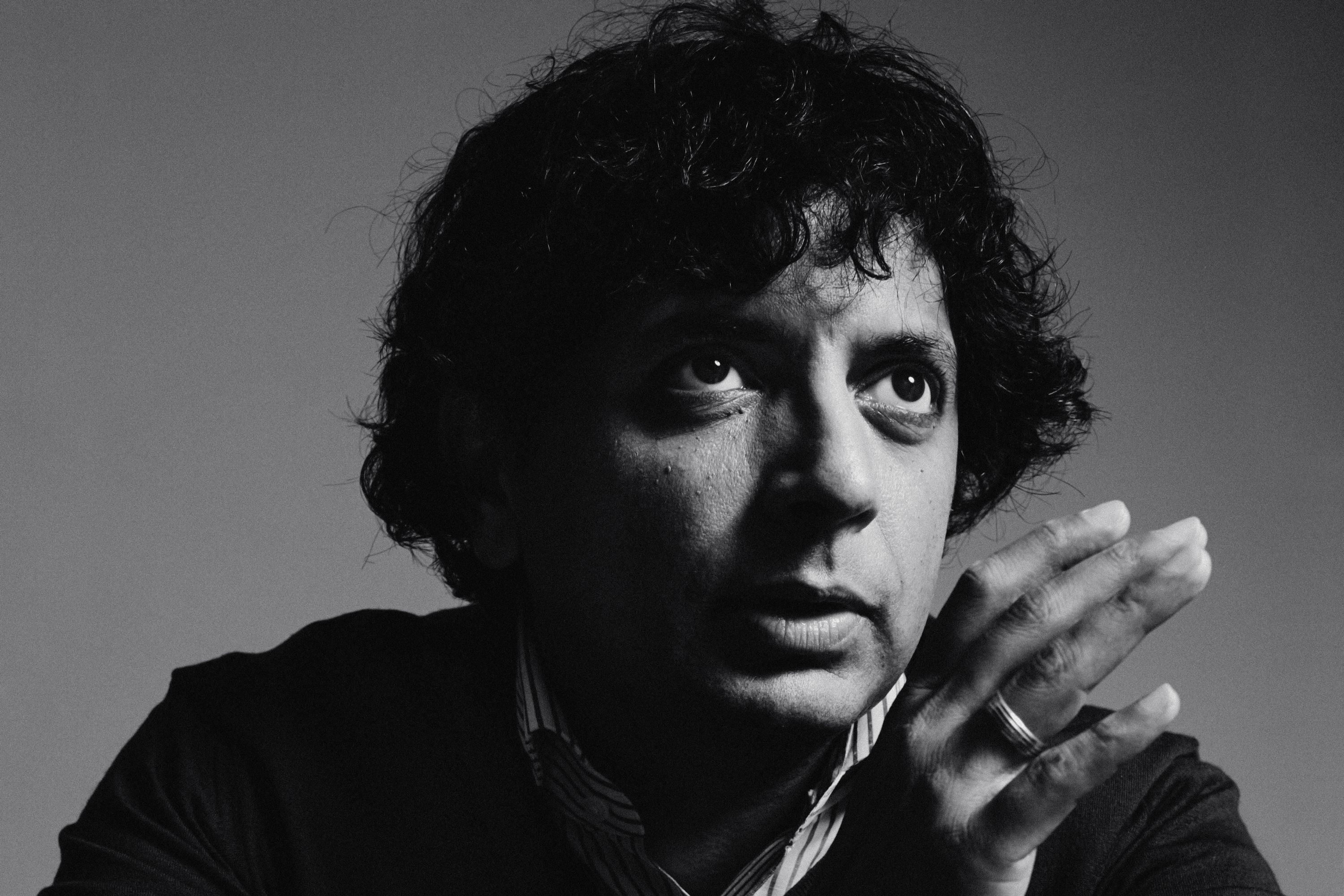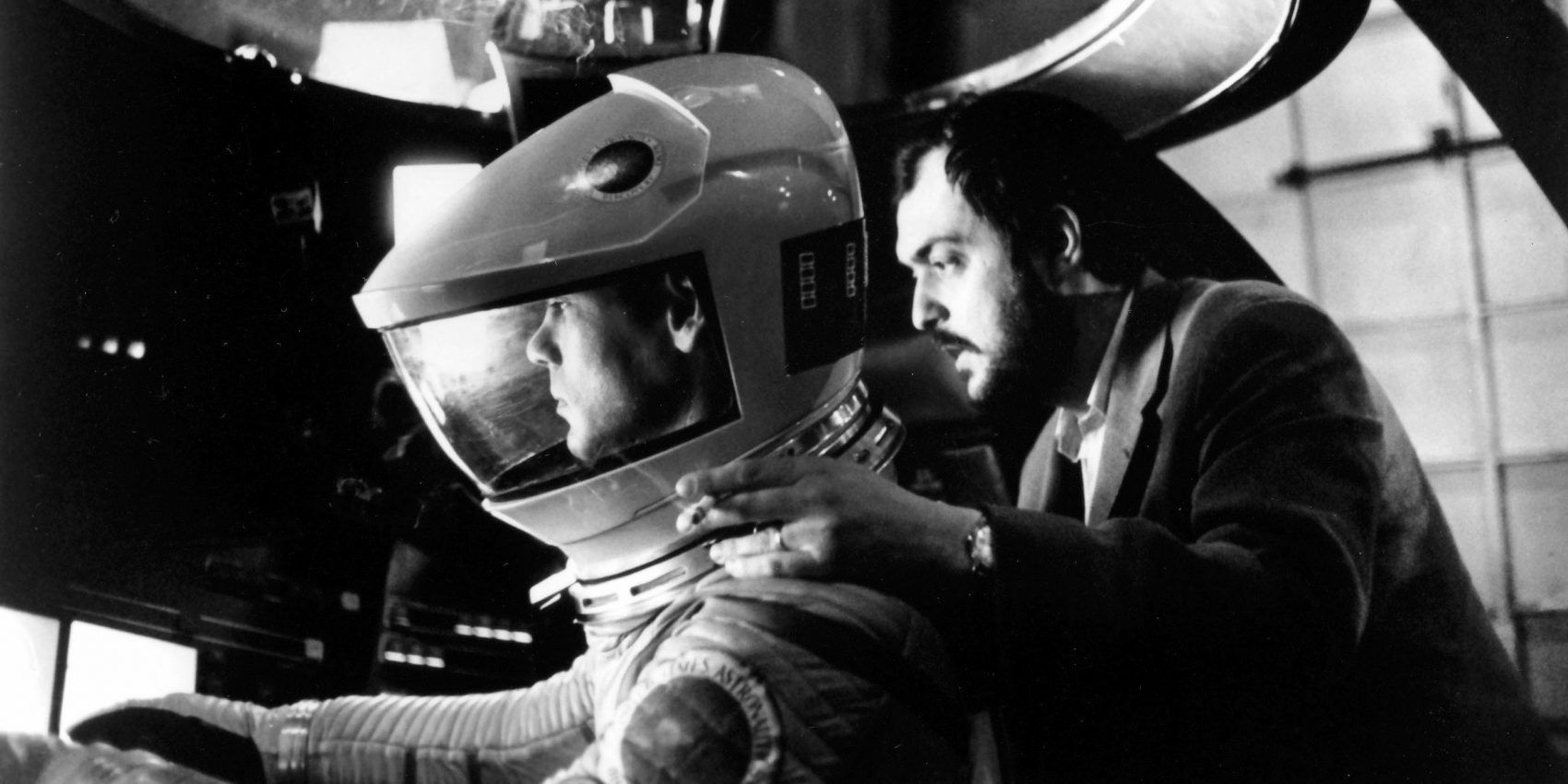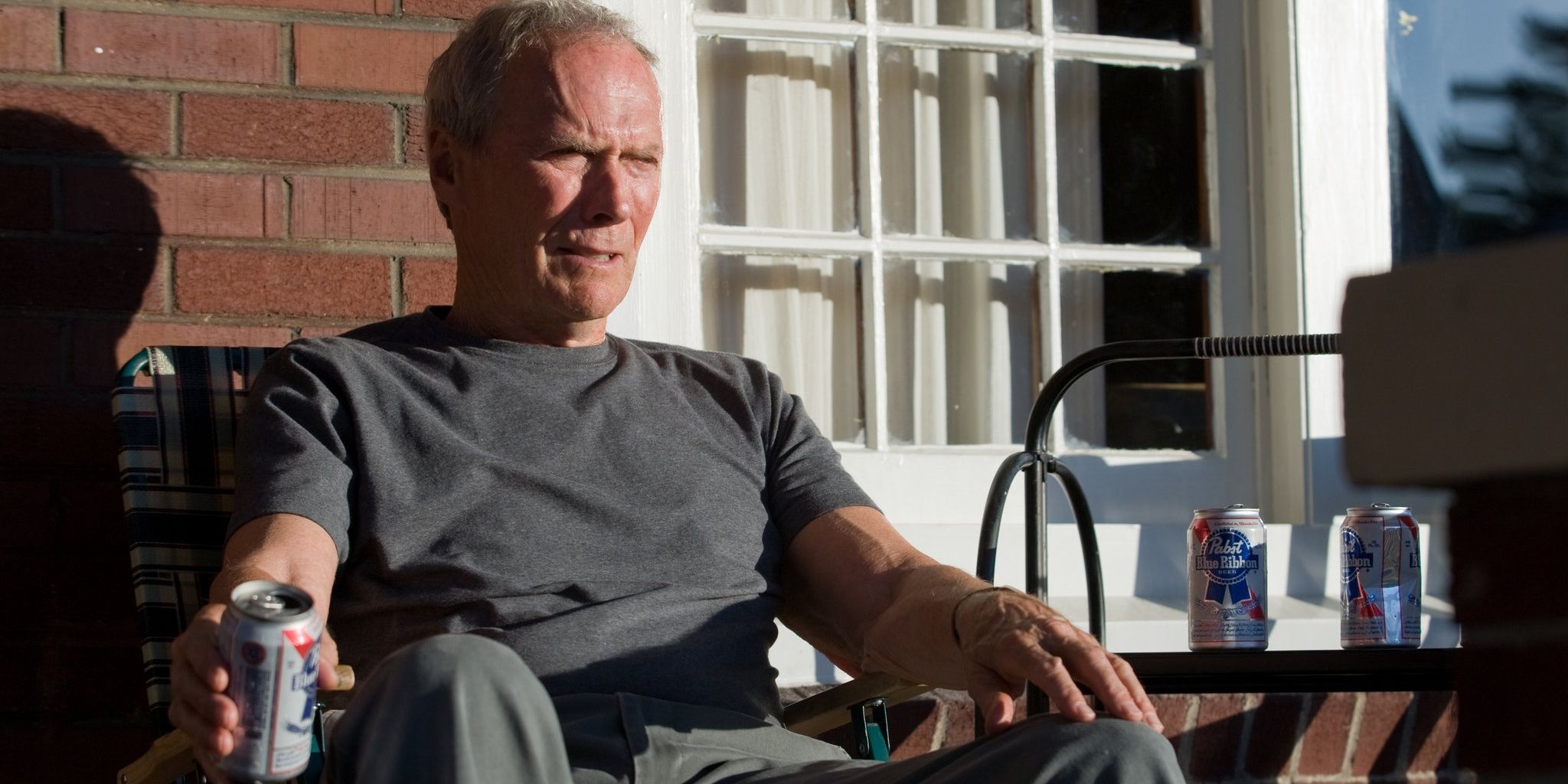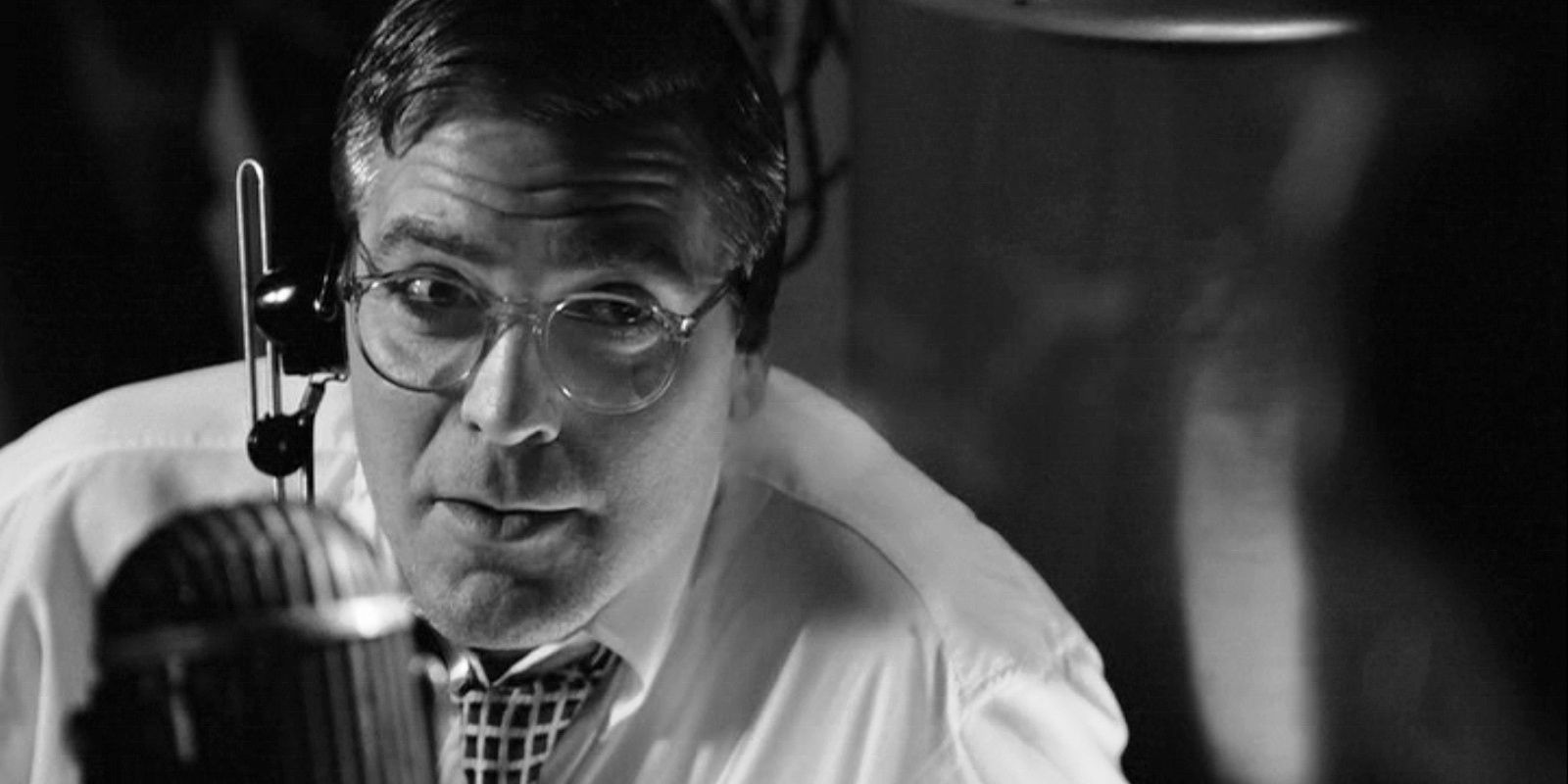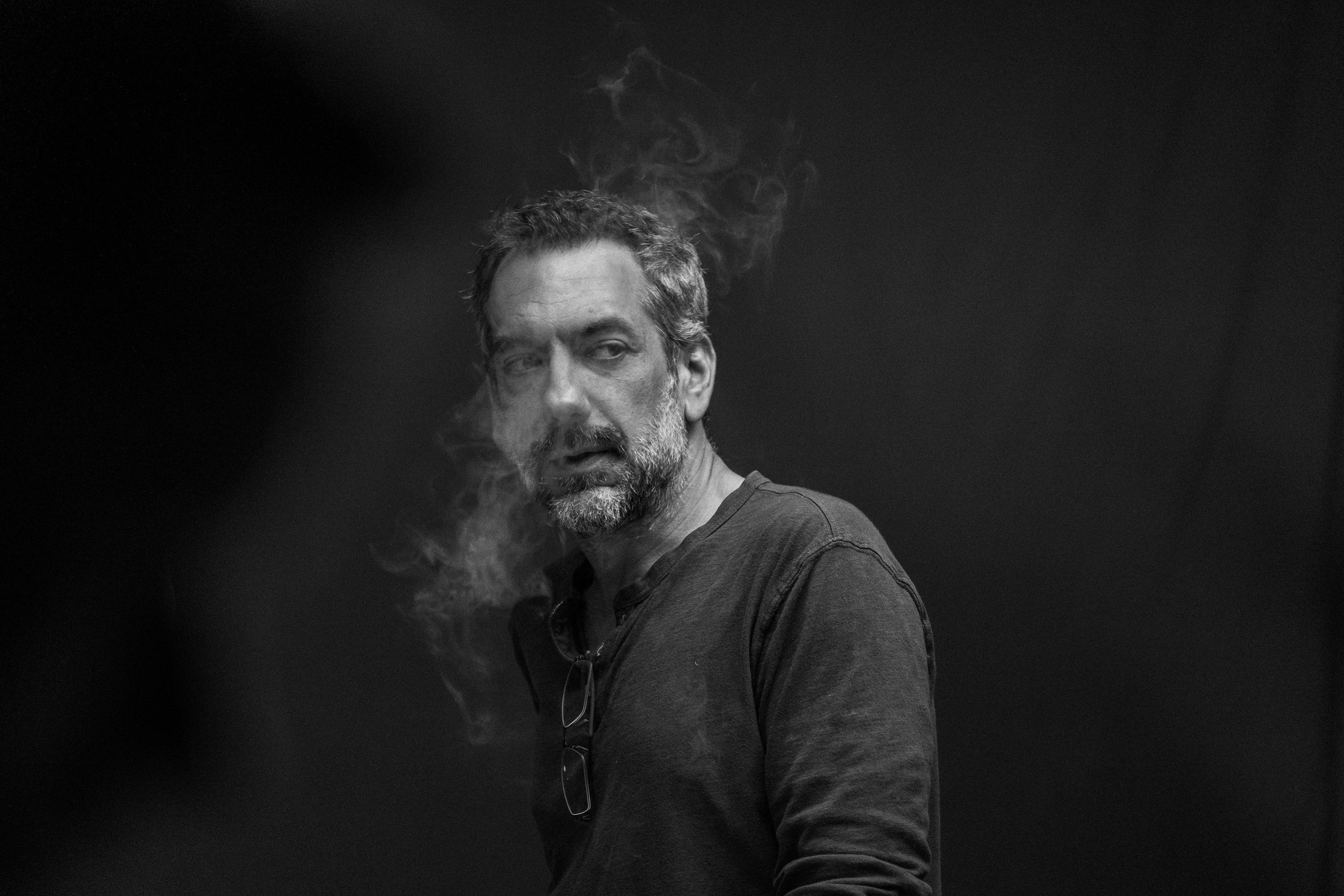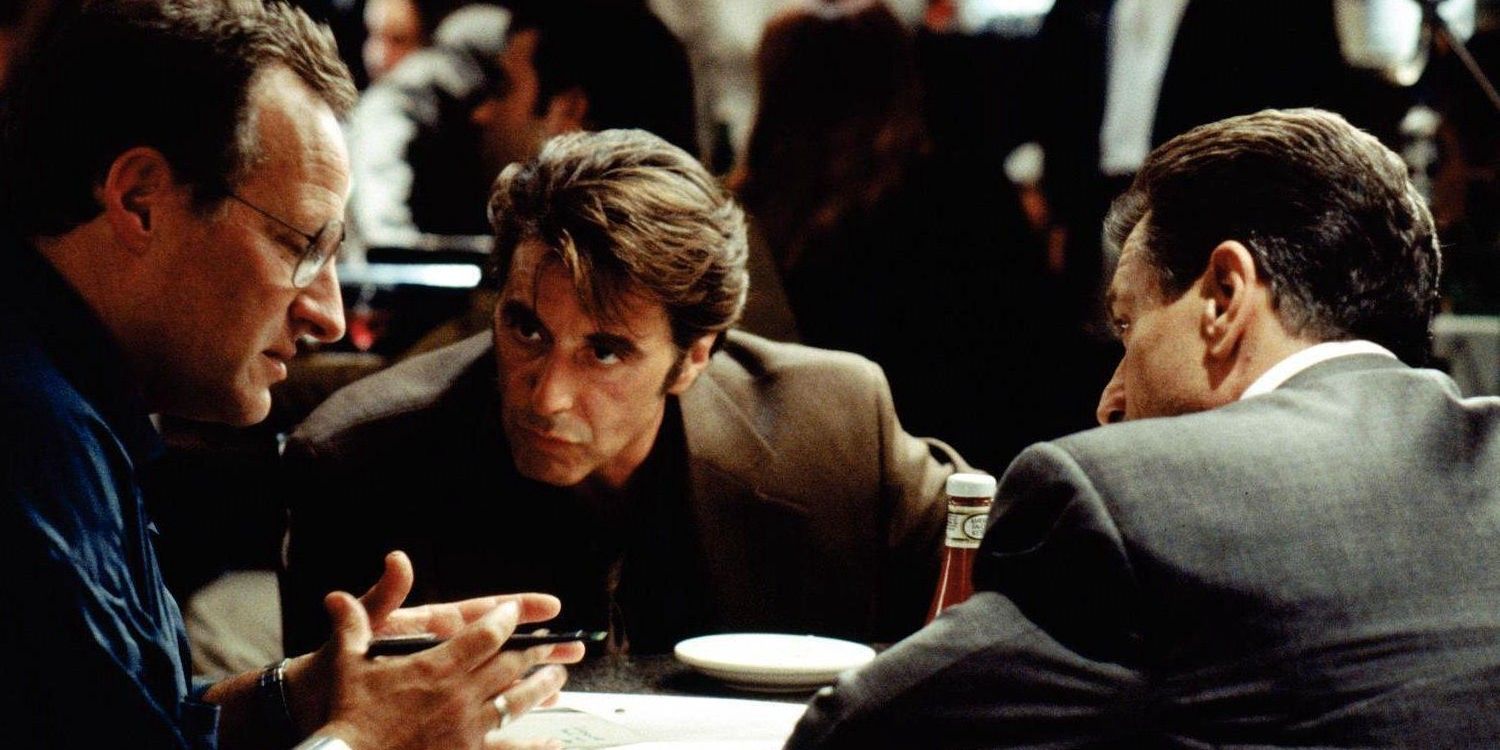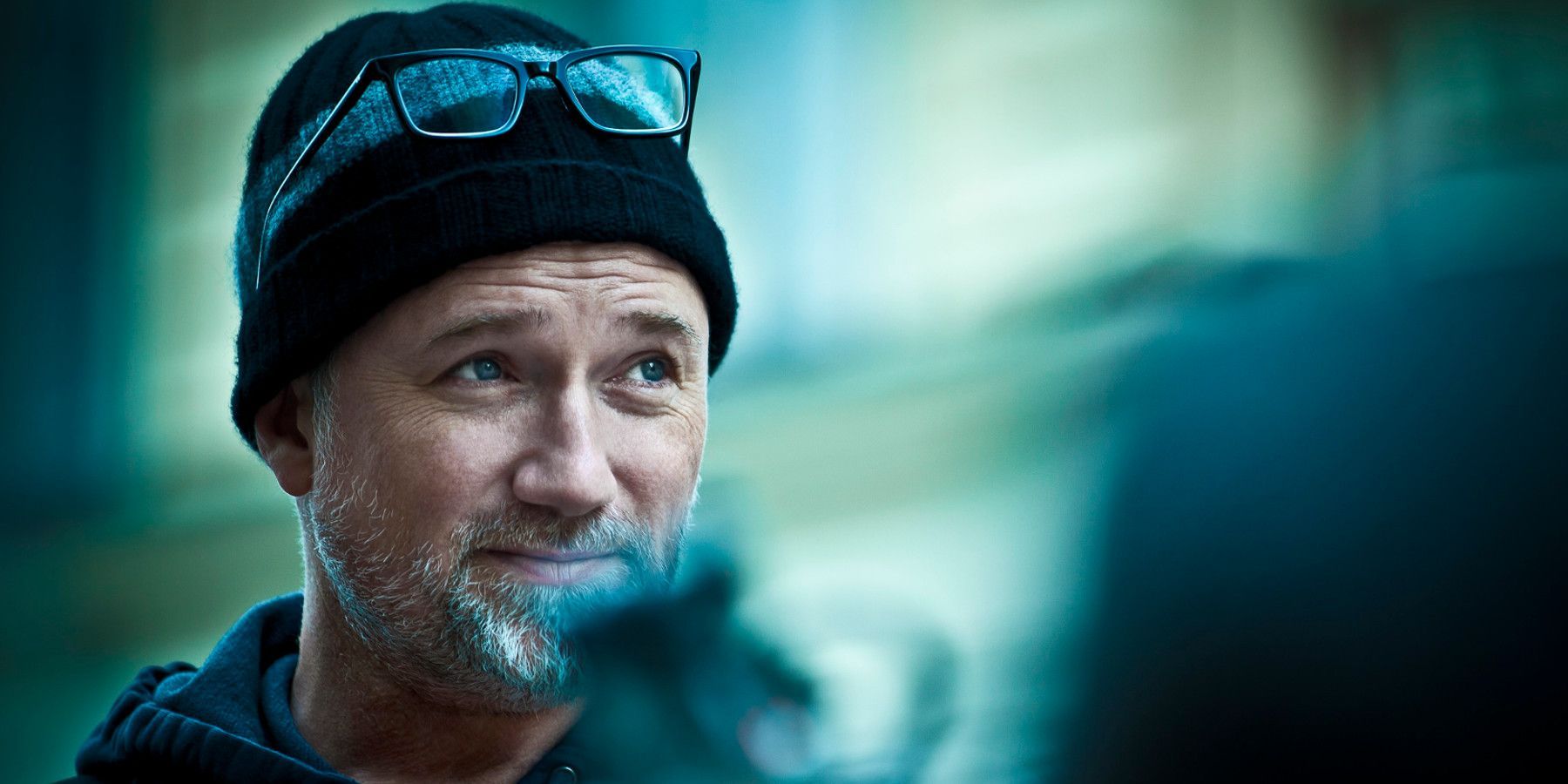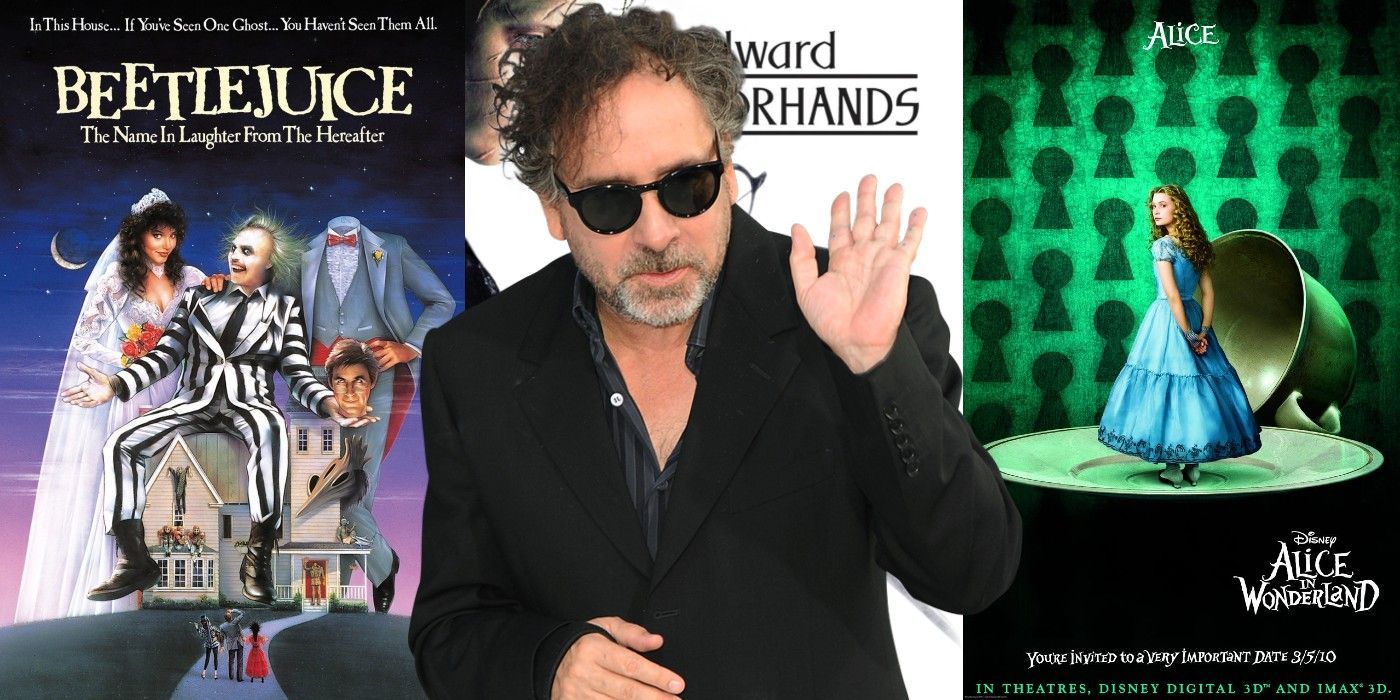Sometimes, a movie fan will discover a great director just as they're coming onto the scene, and, other times, they'll learn of them later in their careers. In either instance, when moviegoers discover a director who piques their interest, they often seek out that filmmaker's entire body of work.
In many cases, directors maintain a consistent quality of output over the course of their tenure. However, there are directors who improve over time, and, unfortunately, there are those who lose their touch a bit, or perhaps find themselves in creative dry spells during which their films get worse.
Improved: Alfred Hitchcock
Titles like The Pleasure Garden, The Mountain Eagle, and The Farmer's Wife are examples of early Alfred Hitchcock films that few have even heard of. They came out in the late 1920s when Hitchcock was a very young man. By the time the mid-30s came around, he hit his stride, directing better-known films like The man Who Knew Too Much, The 39 Steps, and The Lady Vanishes.
Hitchcock's true masterworks, however, came later in his career. Between 1955 and 1961, he directed 17 episodes of his famous series Alfred Hitchcock Presents, as well as seven films, including bonafide classics such as Vertigo, North by Northwest, and Psycho. To say Hitchcock got better with age would be an understatement.
Got Worse: M. Night Shyamalan
Another would-be "master of suspense" is M. Night Shyamalan, who rightfully earned high praise for The Sixth Sense in 1999, which put him on the map as one of Hollywood's hottest talents. He followed up the success of that film with Unbreakable and Signs, both of which were received quite well.
2004's The Village was considered a bit of a letdown, but then came an unfortunate run of misfires: Lady in the Water, The Happening, Avatar: The Last Airbender, and After Earth. Shyamalan rebounded in 2016 with Split, but, his sequel, Glass, received mostly negative reviews.
Improved: Stanley Kubrick
The great Stanley Kubrick never made a bad film, but he undoubtedly improved as he got older. His early efforts included Fear and Desire, Killer's Kiss, and Paths of Glory. Then, in 1960, he directed the three-hour epic Spartacus, and it only got better from there. True Kubrick classics like 2001: A Space Odyssey, A Clockwork Orange, The Shining, and Full Metal Jacket, all came later in his career.
Got Worse: Guy Ritchie
Director Guy Ritchie quickly established himself as one of cinema's most exciting auteurs with his run of bruising, bare-knuckled crime comedies in his early career. Lock, Stock, and Two Smoking Barrels and Snatch were both hits. Then, Revolver and RocknRolla were received less positively, after which Ritchie went more commercial, directing two Sherlock Holmes films, a middling King Arthur installment, and the live-action Aladdin remake.
Ritchie hasn't totally lost his touch, but his latest efforts don't compare to his earlier films in terms of their boldness and originality.
Improved: Clint Eastwood
There are very few actor-directors with an equally impressive body of work in both areas. Clint Eastwood is one of them, and he's gotten better, and more prolific, with age. His directorial debut, Play Misty for Me, is quite impressive, as is much of his output in the 70s and 80s.
In 1992, he won both a Best Director and a Best Picture Oscar for Unforgiven, and, in the 21st century, he's helmed acclaimed films such as Mystic River, Million Dollar Baby, Letters from Iwo Jima, Gran Torino, American Sniper, and others. At 90 years old, he's still going strong!
Got Worse: George Clooney
Actor-writer-producer-director George Clooney is another example of a movie star with great talent behind the camera, though his directorial work has dropped off significantly from his earlier days. His directorial debut was the Charlie Kaufman screenplay Confessions of a Dangerous Mind, which earned solid reviews.
He then followed that up with 2005's Good Night, and Good Luck for which he was nominated for a Best Director Oscar. 2011's The Ides of March was also an impressive political thriller, but his last three films, The Monuments Men, Suburbicon, and The Midnight Sky all received mixed to negative reviews from both critics and audiences alike.
Improved: Todd Phillips
After beginning his career with three mostly unseen documentaries, Todd Phillips got his start in Hollywood directing standard-issue teen comedies Road Trip and Old School. With the release of 2008's massive hit The Hangover, Phillips solidified his reputation as an A-list comedy director.
Then, of course, came 2019's Joker, which earned more money than any R-rated film in history, as well as an Oscar nomination for Phillips' directing. Nowadays, Phillips is considered not just one of the great comic minds in Hollywood, but one of the top directors in any genre.
Got Worse: Michael Mann
In the 1980's, Michael Mann's Thief and Manhunter showed great promise. Not surprisingly, then, in the 90s, Mann became one of Hollywood's hottest directors, churning out acclaimed films such as The Last of the Mohicans, The Insider, and the classic neo-noir, Heat.
He carried that success into the 2000s with Ali and Collateral. Then, an uninspired Miami Vice film followed by the equally underwhelming Johnny Depp vehicle Public Enemies saw his star fading. He directed only one feature in the 2010s, the forgettable Blackhat.
Improved: David Fincher
After directing dozens of music videos, David Fincher made his feature film debut with Alien 3, which was mostly panned by critics. His follow-up, Seven, remains a classic to this day. While his early films were mostly successful, they find him working in more or less the same genre of dark, brooding thrillers.
As Fincher's career progressed, he branched out into different genres of filmmaking, as recent efforts include Mank, The Social Network, and The Curious Case of Benjamin Button. Of course, he still returns to his dark roots with films like Gone Girl and The Girl With The Dragon Tattoo, but Fincher has become much more versatile a director as he'g gotten older, and his cinematic technique has only been further perfected.
Got Worse: Tim Burton
It can be argued that no director had a stronger streak of films from the late 80s through the early 90s than Tim Burton. From 1988 to 1994, he directed two Batman movies, Beetlejuice, Edward Scissorhands, and Ed Wood. Then, in 1999, his stylish Sleepy Hollow earned solid reviews, and 2003's Big Fish is a minor classic in its own right.
Since then, however, the bulk of Burton's output has been reinterpretations of previously released material like Alice in Wonderland, Charlie and the Chocolate Factory, and Dumbo, as well as animated features like Frankenweenie and Corpse Bride, which feel like uninspired attempts to recapture the success of The Nightmare Before Christmas.


